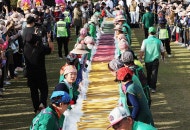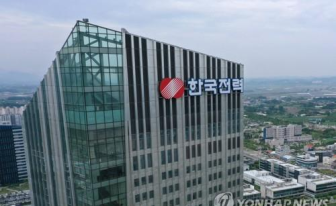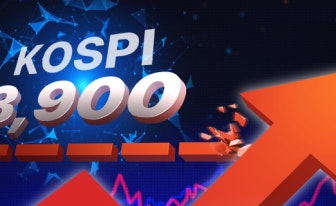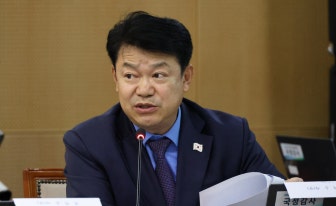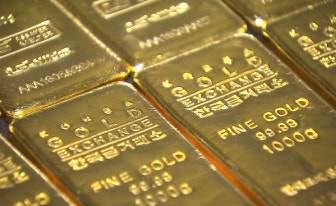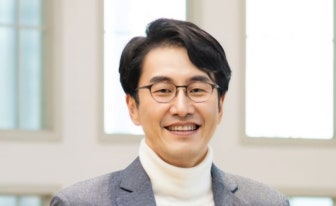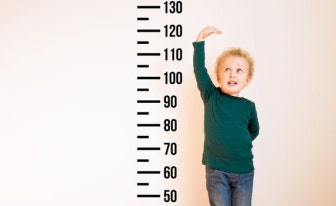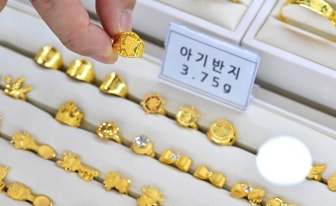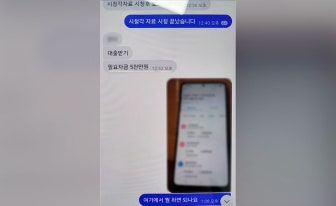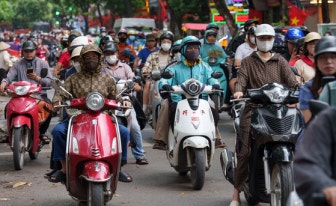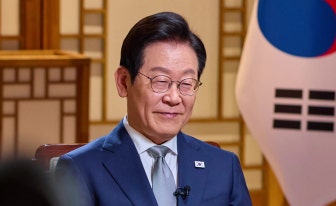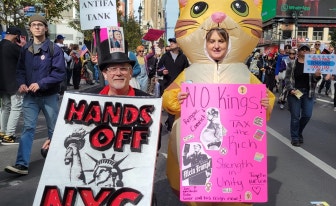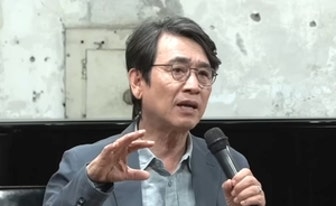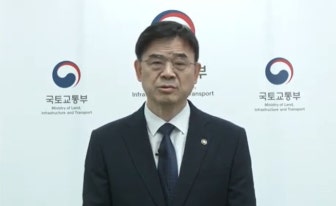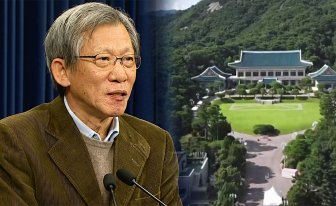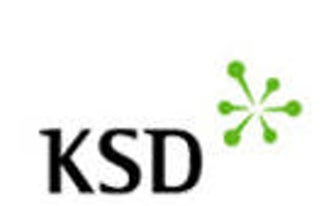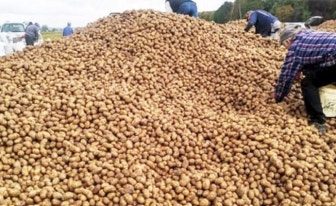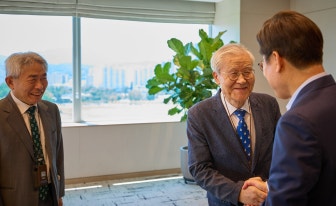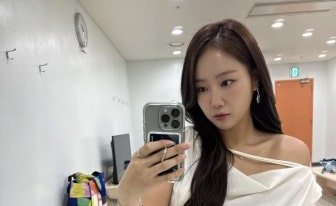Every indulgence has a price to pay. For alcohol, the most immediate is a hangover.
The unavoidable aftermath of liquid courage has led any half-trained drinker to develop their own ritual for recovery — from a greasy, cheese-filled hamburger to a bubbling bowl of coagulated ox blood seonji soup. Some swear by a 24-hour alcohol fast, while others reach for a hair-of-the-dog Bloody Mary first thing in the morning.
In Korea — especially among younger drinkers — the routine often includes a small shot or packet of hangover reliever. These products, easily accessible in convenience stores as pills, drinks and jellies, promise a “fresh morning after,” free from nausea, headaches, fatigue — and, in some cases, even glowing skin.
According to a 2023 survey conducted by Korea Research International, about 45 percent of regular drinkers in Korea use them. Tourists have joined the hype too, buying them in bulk to bring home as souvenirs of Korean drinking culture.
Their actual effects have always been in question, despite the popularity. But, starting in November, only products that survived the government’s industrywide crackdown will be sold, according to the Ministry of Food and Drug Safety, which has been actively censoring products since January.
It is seen as a belated action, especially considering how big the market is. The domestic market for hangover-relief supplements was valued at approximately 350 billion won ($246 million) in 2023, up about 30 percent from 2019, according to the latest data from Nielsen Korea. And even as the drinking population declines, the market for hangover products is projected to grow, reaching as much as 1.7 trillion won by 2032.
Scientific experts still warn against them. “They are supplements, not miracle cures,” said chemistry professor Jang Hong-je of KwangWoon University. “Hangover relievers don’t help people avoid intoxication or drink more, as they’re often mistaken for doing. They simply assist in breaking down acetaldehyde, the compound responsible for hangover symptoms.”
A large part of their appeal, however, isn’t just about their effects, which are as impressive as pseudoscience gets. Rather, it is cultural. Many use it as a gesture of care. An enterprising romantic might even slide one across the table to their crush.
Hangovers are an unavoidable part of both drinking and Korean culture. The new government regulations may strengthen accountability, but they ultimately speak more to the cultural significance of these products in modern Korea than to their actual effects.
The new regulation
The Ministry of Food and Drug Safety began tightening oversight of the industry following a 2019 government survey, which found that while 55.7 percent of adults had consumed hangover relievers, 65.2 percent said they did not feel any effect.
After a four-year grace period, the ministry in January began requiring companies to submit scientific evidence supporting their product claims backed by third-party human clinical trials that measure blood alcohol and acetaldehyde concentration levels, and participants’ surveys assessing before-and-after hangover symptoms of consuming the supplements.
The ministry’s first report, released in June, deemed 89.9 percent of the then-available hangover reliever products effective — out of 89 products from 46 companies, 80 products from 39 companies passed review. Over 80 operators did not submit their reports at all during the crackdown, according to an exclusive by local outlet Chosun Ilbo in March. When the ministry further probed, they responded that they “discontinued production.”
After the June report, the ministry requested additional data from companies whose submitted evidence was deemed insufficient in objectivity or validity. By the end of October, any products that still fail to meet these standards will be banned from using or advertising the term “hangover relief,” per the ministry.
Many available hangover reliever products contain milk thistle extract, Hovenia dulcis (Oriental raisin tree) fruit stalk extract and shiitake mushroom mycelium, all approved by the food safety ministry for liver protection and general health.
Still, the new regulations aren’t scientifically significant, said Jang. “Extra studies don’t change the fact that these products do not erase hangovers altogether or prevent the organ damage caused by alcohol consumption.”
"Hangovers are symptoms that appear after drinking; they have nothing to do with drunkenness or slowed judgment while intoxicated," Jang continued. "Hangover relievers don’t break down alcohol itself — they help decompose acetaldehyde, the substance that causes hangover symptoms.
"If a product could completely remove or prevent hangovers, it would be classified as a pharmaceutical drug, not something you can buy at a convenience store. The current level of effectiveness is the limit."
The cultural significance of hangover relievers
Policy and science aside, hangover relief as an industry is bright.
“The hangover relief market is expected to continue growing steadily, and competition to secure market share among companies in this expanding sector is already in full swing,” said Jang Dae-yong, CEO of LS Bio, a leading manufacturer in the domestic hangover-reliever market.
One major driver is young people. Koreans in their 20s are the largest consumers of hangover relievers, accounting for 53.5 percent of regular users, according to a Kiwi survey in 2023.
Robust advertising plays a major role, with K-pop stars and K-drama actors fronting campaigns aimed squarely at younger audiences. The products, wrapped in a rainbow of colors, come in a myriad of forms — pills, liquids, jellies and more recently, filaments that melt in your mouth — and trendy fruit flavors like mango, green apple, doughnut peach and shine muscat (a popular, more expensive variety of green grape).
Some are tailored specifically for women, featuring ingredients associated with skin health, such as collagen and hyaluronic acid. Many also contain ample vitamins to reduce fatigue.
“People tend to think, 'If I’m going to drink anyway, I might as well take a hangover reliever,'” said Jang. “If you have a busy day ahead or the financial means, it’s fine to take them based on personal judgment, though they are not medicines. Their role is supplementary, and their effect is limited.”
For some, they are a simple way to win a few smiles.
Banker Lee Jae-hyun, 34, said he sometimes stocks up on them before going to a hoesik (company dinner). “I think it is just an easy thing to do to show care, or break the ice if you don’t know everyone very well,” then sheepishly added, “You also look good.”
![A local shops for hangover relievers at a convience store [JOONGANG ILBO]](https://imgnews.pstatic.net/image/640/2025/10/21/0000078540_001_20251021070118830.jpg?type=w860)
![A man is passed out on a bench after drinking alcohol [GETTY IMAGES BANK]](https://imgnews.pstatic.net/image/640/2025/10/21/0000078540_002_20251021070118970.jpg?type=w860)

![People drink soju at a Korean barbeque joint [GETTY IMAGES BANK]](https://imgnews.pstatic.net/image/640/2025/10/21/0000078540_004_20251021070119271.jpg?type=w860)
![Various hangover reliever products are on sale at a convience store [JOONGANG ILBO]](https://imgnews.pstatic.net/image/640/2025/10/21/0000078540_005_20251021070119418.jpg?type=w860)
![A man feels sick [GETTY IMAGES BANK]](https://imgnews.pstatic.net/image/640/2025/10/21/0000078540_006_20251021070119676.jpg?type=w860)
![Hovenia dulcis, or oriental raisin tree fruit [GETTY IMAGES BANK]](https://imgnews.pstatic.net/image/640/2025/10/21/0000078540_007_20251021070119796.jpg?type=w860)















